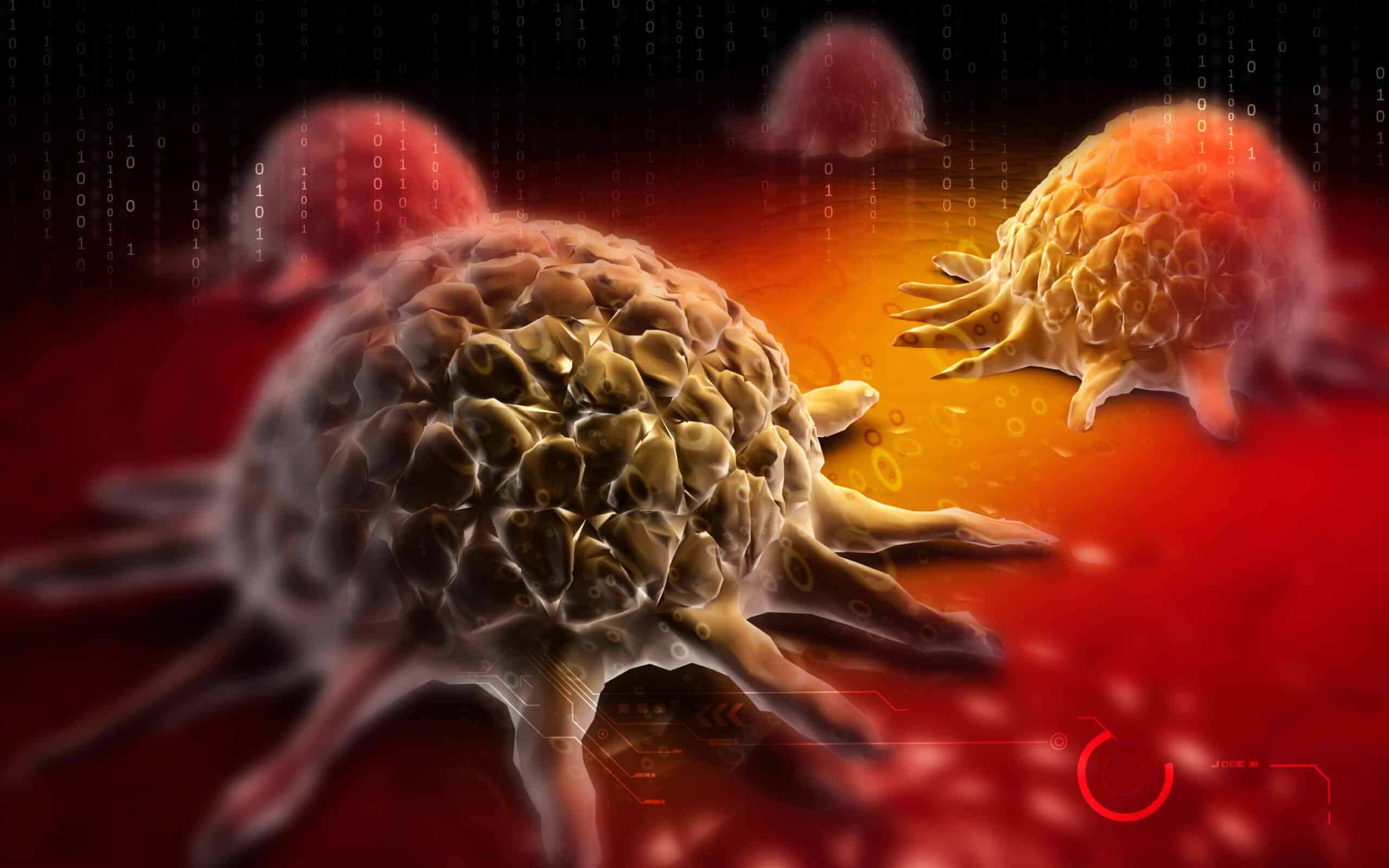Tumors are made up of a mixture of cells, of which the most important are cancer stem cells and these cells are capable of establishing new tumors by evading the immune response. Researchers are working to identify biomarkers for cancer stem cells and developing therapies to target these cells, but drug candidates from these efforts have unfortunately not been very effective in clinical trials as of yet.
This study examined the mechanisms by which these cells evade immune responses in mice models and showed that cancer stem cells induce senescence in macrophages. Macrophages are the immune cells that are responsible for the first step in the destruction of cancer cells, and when a cell is senescent it enters a zombie-like state, no longer functioning properly, and can even damage the tissues surrounding it by releasing inflammatory cytokines.
“One of the biggest questions in the development of cancer is how cancer develops in individuals with a healthy immune system,” explains Wada. “The majority of studies on cancer stem cells have been carried out in vitro or in immunodeficient mice models, which do not account for a fully functioning immune response. The lack of effectiveness of cancer stem cell-targeting drugs indicates that the immune response or lack thereof is more important than previously considered.”
Using two lines of glioblastoma tumors, one capable of inducing cancer stem cell formation, and the other not, the researchers were able to show in mice models that the cancer stem cells suppressed the proliferation of macrophages. Additional investigation showed that macrophages cultured with cancer stem cells exhibited cellular aging, aka senescence. But the macrophages were not the only immune cells to be affected: the proliferation of T cells was unchanged but their antitumor activity was suppressed due to the immunosuppressive factors being produced by the senescent macrophages. Interleukin 6 (IL-6) produced by the cancer stem cells was identified by the researchers as being the molecule responsible for triggering these effects.
Mice inoculated with cancer stem cells that were supplemented with nicotinamide mononucleotide were observed to experience the proliferation of non-senescent macrophages and reduced immunosuppressive factors being produced by senescent macrophages which prevented tumor growth and led to increased survival times of the mice, according to the researchers.
“Our results indicate that drugs targeting senescent macrophages could be a treatment for cancer — an unprecedented development,” concluded Wada. “We believe that these drugs could be part of a treatment that prevents the new onset of tumors, as well as a therapy that prevents recurrence after cancer treatment.” Future work will focus on two avenues: confirming that this discovery holds true for cancers other than glioblastomas, and confirming that the findings apply to cancers in humans.




